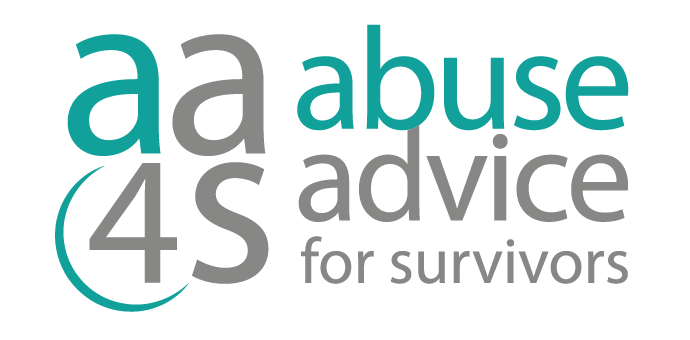CATHOLIC CHURCH IN IRELAND
We have seen several incidents of neglect in the Republic of Ireland where the Catholic Church operated the care of children in cooperation with the Government. Due to a lack of money, the "institutions" were unable to properly care for the children in their care.
The "abuse," which is more accurately described as neglect, resulted from a lack of money and poverty caused by the government's inability/reluctance to give the cash to care for the children.
The absence of neglect is, of course, contingent on the willingness/funding from central government/charities to pump sufficient finances into the home, or "institutions" as they are known in Ireland.
To get around the problem, religious orders in Ireland put children to work manufacturing products that were subsequently sold to raise cash for the institution rather than offering instruction.
The job assigned to the youngsters was frequently difficult, the wages were cheap or non-existent, and the food was of poor quality.
As a result, the children were deprived of food, schooling, and basic care. As a result, the consequences of the abuse were multifaceted.
We handled many of the aforementioned types of cases when the Residential Institutions Redress Board was still in operation, which was established by the Irish Government to compensate victims of abuse in Irish institutions between 2005 and 2012.
POVERTY OR MORE?
Neglect occurs when a parent or carer fails to effectively cater for a child's requirements (beyond the constraints imposed by poverty)
A child may be left hungry or filthy, with little clothing, shelter, supervision, or medical or health treatment.
A youngster may be put in risk or face physical or emotional injury. Kids may not receive the necessary love, care, and attention from their parents.
A neglected youngster is more likely to suffer from other forms of maltreatment. Neglect is hazardous and can result in serious, long-term injury, if not death.
One out of every ten children has been neglected.
Whereas society has just recently been more aware of sexual abuse of children in public, neglect of children is an old evil that was the precursor to the child care system, which originated in Victorian England and has evolved into the welfare state we have today.
IS THE CARE OF THE STATE A SOLUTION?
Finally, a child who has been neglected by his or her parents is frequently brought into the care of the state, which becomes its "corporate parent" until the child reaches the age of majority or the care order is terminated.
Many of the cases we handle are the result of Local Authorities failing to adequately care for children in care.
Children are sometimes purposefully left with abusive parents, mainly due to a local authority's wish to keep families intact.
In some circumstances, local authorities relocate children from one abusive environment to another, where they may be subjected to terrible conditions/abuse in whatever placement they are placed in, such as foster care, a children's home, or a boarding school. Further information about abuse in care can be found elsewhere on our website.
We thank NAPAC (National Association for Prevention of Abuse in Childhood) for allowing us to use this and other definitions.
"What medical effects can neglect have upon a child?
- Poor nutrition, and ultimately starvation
- Diseases arising from low standards of hygiene such as skin sores, rashes, flea bites, scabies, or ringworm
- untreated injuries, medical and dental issues
- repeated accidental injuries caused by lack of supervision
- recurring illnesses or infections
- not been given required medicines and vaccination
- poor muscle tone or prominent joints
- skin sores, rashes, flea bites, scabies or ringworm
- thin or swollen tummy
- anaemia
- tiredness
- faltering weight or growth and not reaching developmental milestones (known as failure to thrive)
- poor language, communication or social skills."










